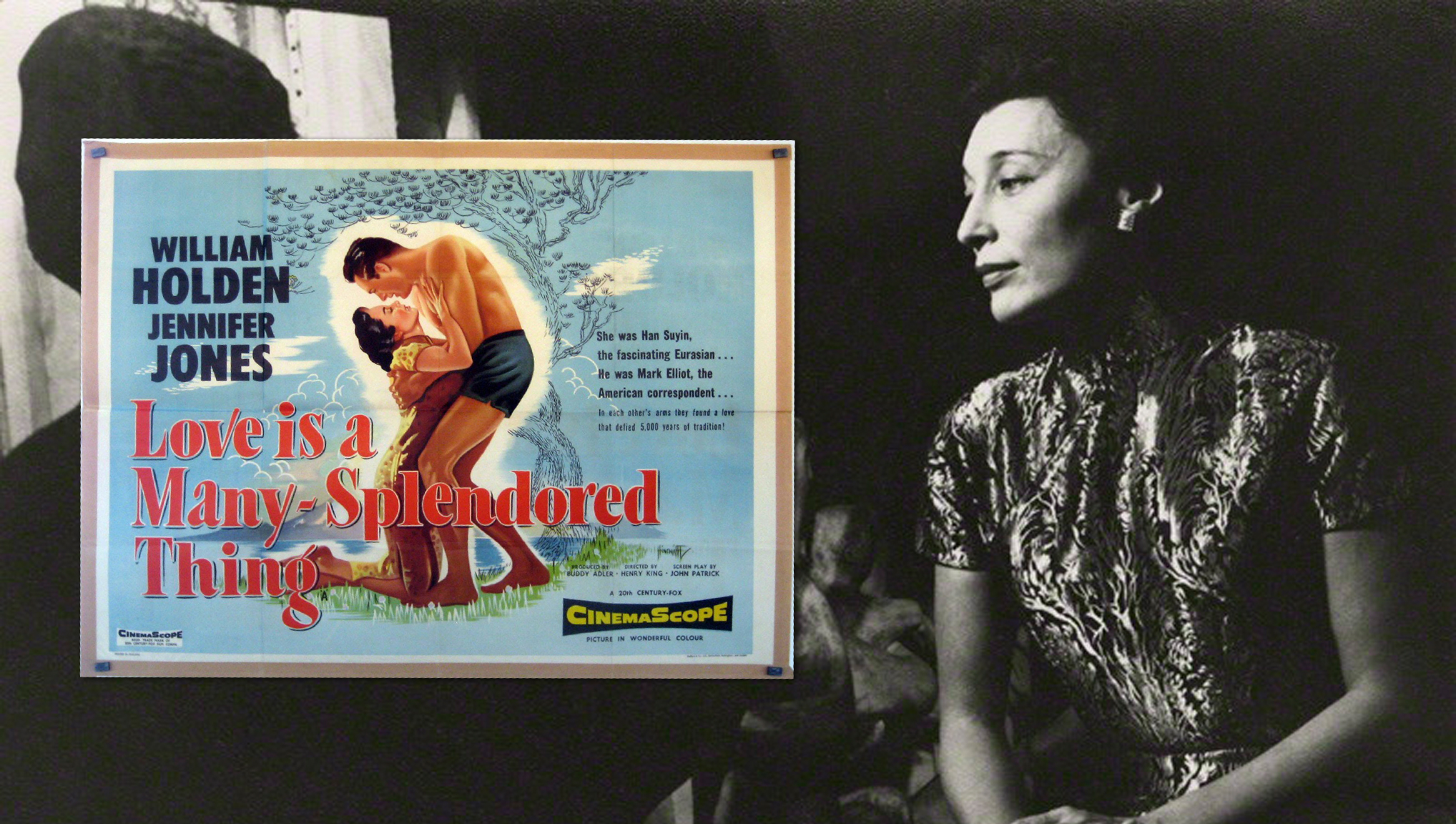The name Han Suyin might not ring a bell, but she has contributed much to the community in her 12 years spent in Singapore and Malaya from 1952 to 1964.
She is a renowned writer, medical doctor, and philanthropist, who helped launch the old Nantah (Nanyang University) in Singapore.
Here are five things about her:
1. Han Suyin was not her real name
Han Su Yin was born Eurasian (a very rare occurrence at that time) in Henan, China to a Chinese father and a Flemish mother.
Her real name was Rosalie Matilda Guanghu Zhou, a name given to her at birth in 1916.
Han later took up the pen name Han Suyin, a name with immense significance behind it.
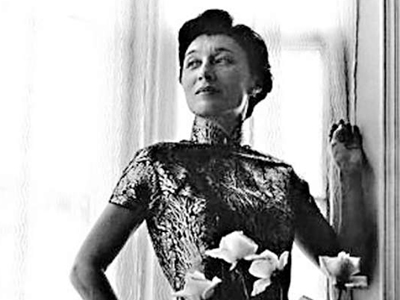 Image via.
Image via.
Her surname Han(韩) was a homage to the majority ethnic Chinese group, with whom Han identified herself with.
The words Su (素) and Yin (音) stood for "a common/ plain voice" -- a very fitting tribute to her habit of giving a voice to the common man.
2. She was a famous writer
One of Han's best works was a semi-autobiographical novel titled A Many-Splendoured Thing.
It was a sweeping love story based on her love affair with a Singapore-based Australian war correspondent. The story played out in stark detail against the backdrop of the Chinese Civil War.
Han's work was subsequently adapted into a 1955 Hollywood movie, which won three Academy awards.
 Image via.
Image via.
In Han's words:
"By the end of summer 1952, A Many-Splendoured Thing was best-seller in England. I was so involved in Malaya, in hospital work.... I did not even want to read the reviews. I received many most joyful fan letters."
Aside from autobiographies, Han also wrote essays and gave lectures on her country of origin, China. It would be an understatement to say that Han was a Chinese patriot.
Her "inescapable passion and obsession with China" was spelled out in her many essays and books. In her words, her goal was to "prove [her] usefulness and especially prove [herself] a Chinese, ready to die for China".
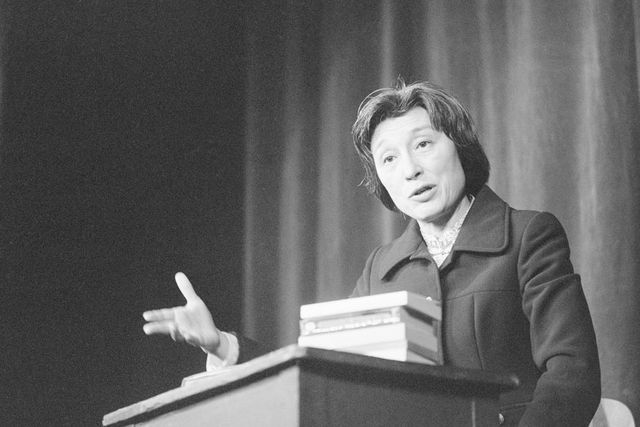 Image via.
Image via.
Her adulation for her motherland was not without detractors. When the Cultural Revolution devastated China from 1966 to 1976, Han refused to condemn the Chinese Communist Party or their actions, earning herself criticisms of having "misplaced patriotism".
3. She helped launch Nanyang University (Nantah)
In that vein of patriotism, it is unsurprising that Han invested much of herself into launching Singapore and Malaya's first Chinese university, Nanyang University (or Nantah, for short). As written in Han's autobiography My House Has Two Doors:
"In 1953, the Chinese communities of Singapore and Malaya began to plan for a local university to cater for the Chinese-educated, since it was now impossible for them to go to universities in China without being jailed or deported."
Colonial British immigration rules of the day forbade Singaporean and Malayan Chinese from studying abroad in China for fear of them acquiring communist ideas.
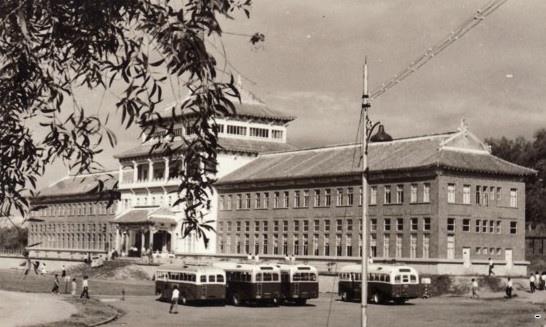 Image via.
Image via.
When businessman Tan Lark Sye mooted the idea of Nanyang University, many Chinese in Singapore and Malaya, both rich and poor, donated to the cause. The rich donated money, while poorer folks did what they could, such as putting up charity shows and hawking more food.
Han rallied the Hokkien Clan Association members to donate two square kilometres of land for the school's campus. She also donated $5 million, a king's ransom at that time, to the building of the school.
4. She took an unpaid job at the University
When Nanyang University opened, Han volunteered to take on the job of a college health physician, insisting that every student needs to have access to medical examinations.
Later, she started teaching Contemporary Asian Literature twice a week at the school, a job that she did not take any income for.
5. She always thought of the needy
The common man was always on Han's mind. This was perhaps most telling when she wrote about the contributions the Nanyang Chinese made to the building of Nantah:
"How many oyster omelettes, sliced crab, noodles of all kinds went into Nanyang University? The trishaw pedallers of Singapore and Malaya pedalled for three days and turned in all they earned for Nanyang University, and theirs was the greatest sacrifice for they were so very poor... it was a gesture of cultural identity.
Han was also known to have "adopted" many needy children by paying for their schooling and living needs. According to Han, one of them was a girl by the name of Hueiying:
Hueiying's mother had died and at 12, she had been taken out of school by her father and made to cook and clean and look after five other children.... I helped out Hueiying through school, paying the fees, and helping a little besides, and she did well."
Hueiying did so well that in 2013, she and a group of friends set up the Han Suyin Scholarship Fund in Translation Studies at Nanyang Technological University (NTU).
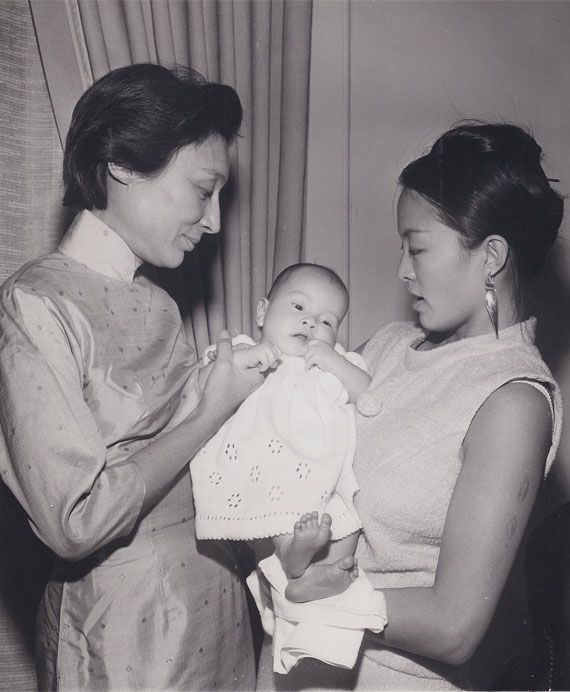 Image via
Image via
Now, that's a heroine we all need.
Top photo via YouTube and National Portrait Gallery. Quotes used in this article were taken from Han's autobiography, My House Has Two Doors.
If you like what you read, follow us on Facebook and Twitter to get the latest updates.
If you like what you read, follow us on Facebook, Instagram, Twitter and Telegram to get the latest updates.
